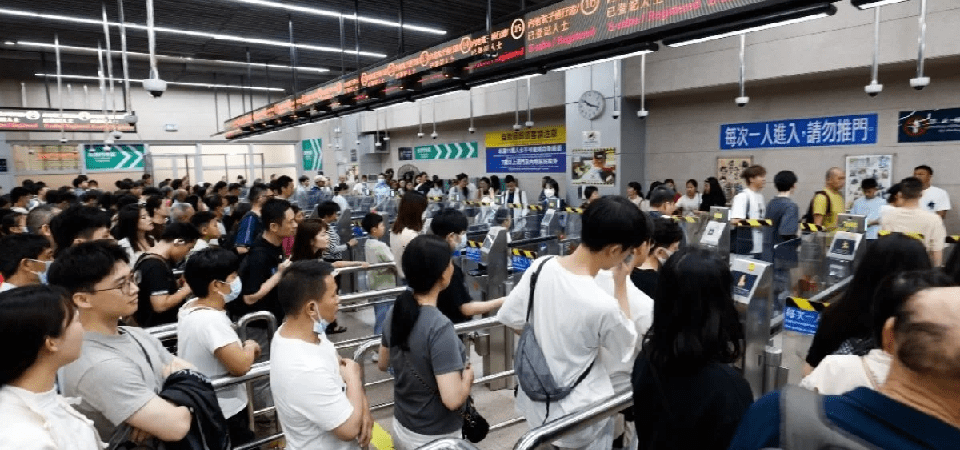

Macau's economy is flourishing; in the second quarter of 2025, the gross domestic product increased by more than 5%. Casino gaming income, the lifeblood of the Chinese Special Administrative Region (SAR), is almost back to what it was before COVID-19, and visitor numbers are at an all-time high.
Gross gaming revenue (GGR) reached new post-COVID highs in July and August. In July and August, casino players brought in $2.76 billion and $2.77 billion in net wins for the six gaming companies.
At $20.36 billion, Macau's casino income is up 7.2% so far this year. That represents almost 82% of the total gaming revenue earned by the six casinos until August of 2019.
Since the city's casinos have been able to shift their focus from the VIP high roller to the mass and premium-mass segments, as well as the leisure and business travel sectors, gaming analysts and brokerages are revising their full-year GGR outlook in a positive manner.
Visitation Breaks the Record
High rollers are no longer a viable source of revenue for Macau casinos. Since the travel planners are looking for Asian gaming markets that are not governed by China, VIP junket groups are essentially extinct.
Several billions of dollars have been spent on nongaming amenities in Macau, which continues to be the most lucrative gaming industry in the world in terms of casino income. The region's rapid adoption of K-pop has been particularly noteworthy, with major acts and events taking place in the resorts' numerous large theaters, including this weekend's Fact Music Awards at the government's recently opened Outdoor Performance Venue.
According to the Macau Statistics & Census Bureau, a record 4,219,034 individuals visited in August. Last month, year-to-date visitor numbers reached nearly 26.7 million, a 15% increase from 2024 and an 18.4% one-year increase.
Economic Information
Macau's economy is robust based on the majority of important data points. The city's unemployment rate for its almost 686K citizens is only 2.6%, while inflation was only 0.12% in July.
Compared to December 2019, the median monthly salary has increased by over $100 to $2,222. In July, the hotel occupancy rate was 91%, which was comparable to pre-COVID levels.
In contrast to Macau, where industrial and mining output slowed in August, China's economy has not been able to spur a long-term post-pandemic rebound.
Macau launched a diversification plan to lessen its reliance on casino gambling, which had been responsible for more than 80 cents of every dollar of taxes received by the local SAR government, amid the worldwide health crisis. In addition to so-called "health tourism," Macau has made investments in integrated tourism, or special events, such as sizable business meetings and conventions.
With the help of government measures to draw in businesses involved in commerce and technology, Macau has also effectively linked its economy with the Greater Bay Area. In order to provide more area for the city's continued economic aspirations, Macau has also created a free trade zone with nearby Hengqin Island.
It's also easier than ever to go to Macau. Individual Visit Scheme visas, which permit individuals to enter and exit Hong Kong and/or Macau without a group, are available in a record number of Chinese mainland locations. The 34-mile Hong Kong-Zhuhai-Macau Bridge has also connected Macau and Hong Kong since 2018.
